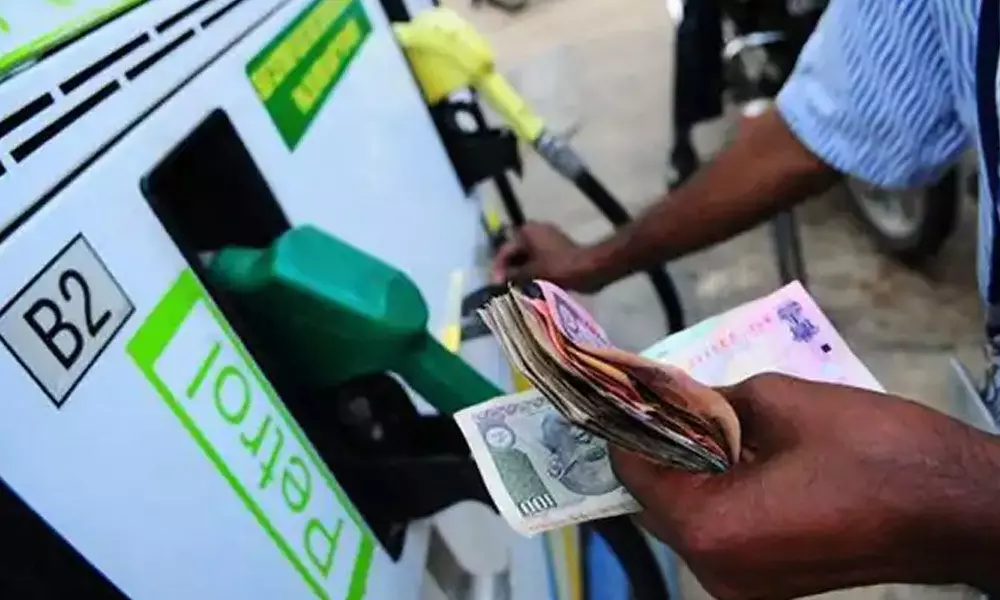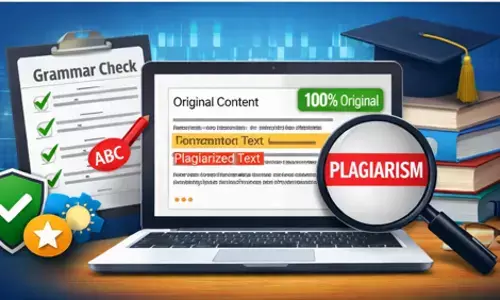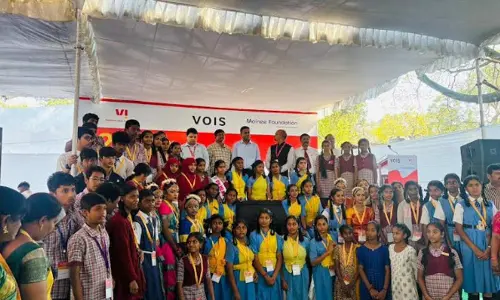Skyrocketing fuel prices and unyielding governments

Skyrocketing fuel prices and unyielding governments
India should become Atmanirbhar. India has excellent human resources
'India should become Atmanirbhar. India has excellent human resources. Corruption in any form will not be tolerated.' These are some of the nuggets we hear from the political leaders, be at the national level or the State level. Yes, we have excellent human resources, but the problem is they are being strangulated. They are not allowed to live or die.
There was a time about four decades ago when the common man's monthly grocery basket used to cost him Rs 150 or so. But today an average middle-class family shells out nothing less than Rs 3,000 per month for the same. The wages of employees have not risen corresponding to the increase in monthly expenditure. With consecutive hike in petrol and diesel prices, the pinch is greater.
While the Centre has washed its hands off saying that country's dependence on energy import is the main reason for the current spike in fuel prices and blamed the previous Congress regime for being responsible for it, the State governments are maintaining stoic silence. The Centre argues that at present, the share of imports in the country's overall crude requirement comes to 89 percent while it is pegged at around 53 percent for gas. This always makes India vulnerable to volatility in the international crude market.
"There are two main reasons behind the fuel price rise. International market has reduced fuel production and manufacturing countries are producing less fuel to gain more profit. This is making the consumer countries suffer," the NDA government claimed. Along with that another reason for the steep hike in the fuel prices is highest Central and State taxes.
During the pandemic, the Central government had raised the Excise Duty on petrol to Rs 32.98 a litre from Rs 19.98 a litre. A similar increase was affected on diesel, where Excise Duty was increased to Rs 31.83 a litre from Rs 15.83 a litre. Several State governments too had increased the Value Added Tax (VAT) on fuel during the same period. During pandemic, the Central and the State governments asked people both in the government and private sector to sacrifice part of their salary to protect the economy and people did rise to the occasion.
But at a time when the economy is on path to recovery and the common man is suffering, none of the governments is willing to sacrifice even part of their income. Let the common man bleed but we won't forego any amount is what the attitude of the governments is. The common man with his meagre income must readjust his budget but the governments are not willing to cut down on their expenditure or rationalise them at least for a short period. This becomes clear from the statement of the Union Finance Minister Nirmala Seetharaman who said the Centre has little role behind the astronomical rise in the price.
"It's a very vexatious issue in which no answer except for reducing the price (of fuel) will convince anyone. I know I am trading on an area where whatever I may say to bring the reality into picture will only sound like I'm obfuscating, I'm avoiding the answer, I am shifting the blame…," true, the government is shifting the blame and has no heart to reduce the taxes. West Bengal is among the few States which had reduced the tax by a token amount of Re 1 per litre on petrol and diesel because it is election time.
Union Oil Minister Dharmendra Pradhan said that the Centre and the State governments rely heavily on collections from taxes on crude oil "for meeting their developmental and welfare priorities". Taxes make up for over 61 per cent of retail petrol price while they constitute more than 56 per cent of diesel rates. Neither the Centre nor the States seem to be in a mood to bring fuel under GST even though it defeats the purpose of 'one nation one tax' to a great extent. Let's hope that leaders will stand behind the people.










